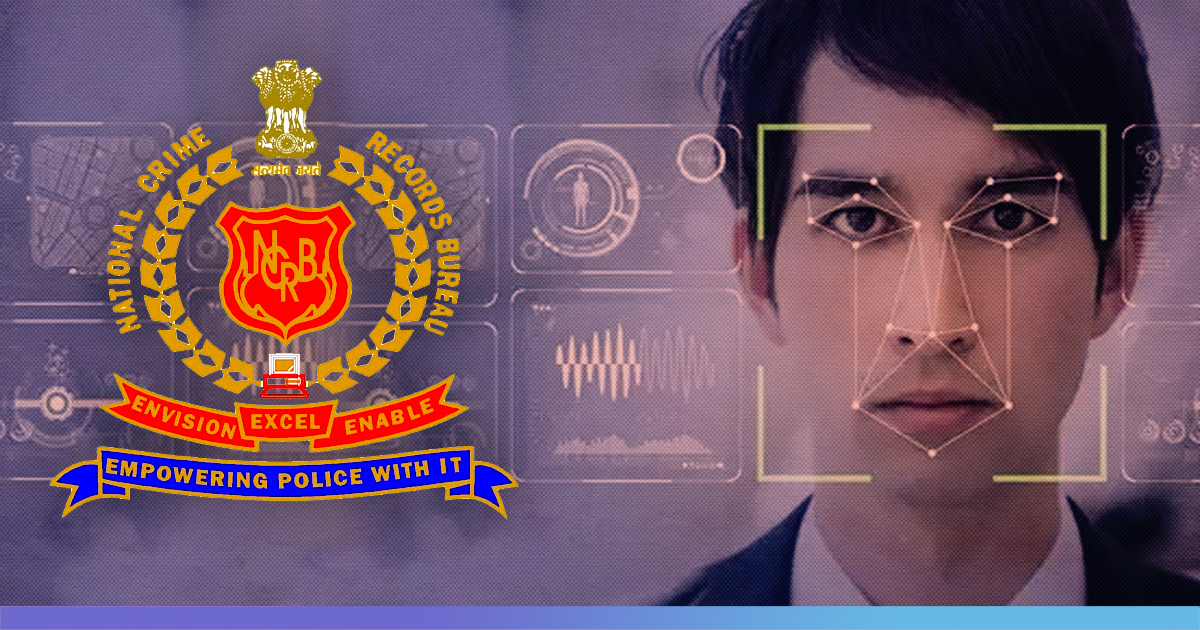The National Crime Records Bureau (NCRB) has initiated the process of installing an automated facial recognition system (AFRS) to help identify people by matching digital images, photos and video feed with an already existing database. However, this move has raised concerns over privacy.
Face recognition technology, although in use in schools, airports and even to track criminals, is a biometric identification system which has raised privacy concerns across the globe.
The Criminal Tracking Network and Systems (CCTNS) is a countrywide database of suspects and people who are wanted for investigations.
According to officials, this system would be used to track down suspects using face images from CCTV feed. An alert would be generated if a blacklist match is found.
How Does The System Work?
The automated facial recognition system solution will be a web-based application hosted at the NCRB data centre in Delhi. It will have connectivity to police stations through the Crime and CCTNS.
The system should be capable of “identifying or verifying a person from various kinds of photo inputs from a digital image file to a video source. The system shall offer logical algorithms and user-friendly, simple graphical user interface making it easy to perform the facial matching,” Hindustan Times reported.
The system should be able to match facial images with changes in facial expression, direction, angle, lighting, age, hairstyle, beard, glasses, scars, marks and tattoos.
A hand-held mobile with an app will be used to capture a face on the field, and then the matching result can be received from the backend server. Authorised requests for search, matching and verification of facial images would come from the police stations.
In its advertisement, the NCRB says that the technology “is a great investigation enhancer for identification of criminals, missing children/persons, unidentified dead bodies and unknown traced children/persons. It can provide Investigating Officers of the Civil Police with the required tools, technology, and information. This would greatly facilitate the investigation of crime and detection of criminals and provide information for easier and faster analysis.”
However, the use of AFRS has raised questions about security and privacy, how many agencies will be able to access the system and what are the kinds of safeguards proposed. Privacy and transparency activists have highlighted the concern about the potential misuse of the system for purposes besides criminal investigation, and the legal framework that is governing its use.
Playing down a possible controversy, a Home Ministry official said that primarily, the technology will be used to trace missing children, criminals whose details are available in the Crime and Criminal Control System (CCTNS), and unidentified dead bodies.
Also Read: Facebook May Build Technology To Detect Eye Movement And Emotions, Already Holds Two Related Patents












